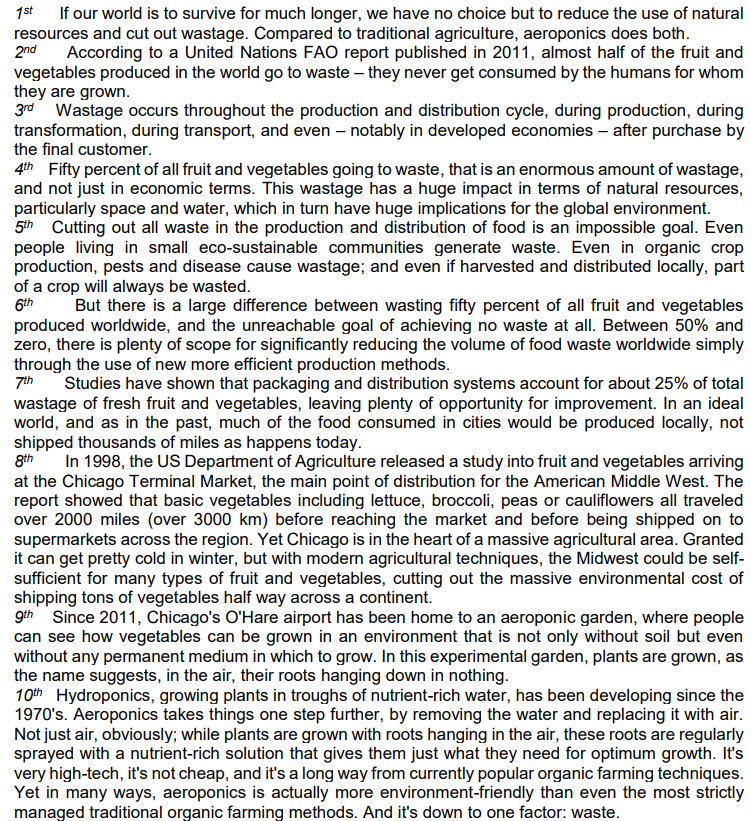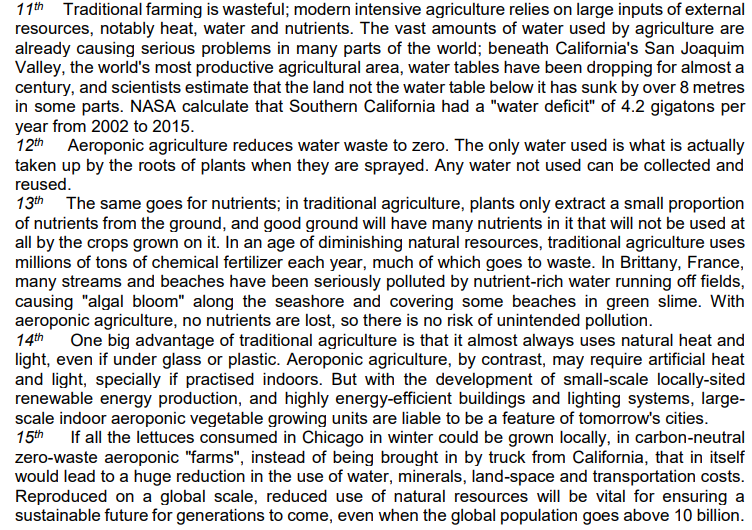Questões de Concurso
Foram encontradas 1.561 questões
Resolva questões gratuitamente!
Junte-se a mais de 4 milhões de concurseiros!
Examine the set of sentences to answer question.
1. Sam has stayed in Los Angeles for two years, and completed his course.
2. Raj has just gone out to the market since we’ve run out of coffee.
3. We have been to many amazing foreign countries.
4. My brothers have waited for hours at the train station last week.
5. My last birthday was the worst day I have ever had.
6. Sheila has been working on that project for over a month.
7. Hasn’t he been trying to get into Jawaha University? Is there any progress?
8. As the weather was fine, the old man sat down to read outdoors.
9. I can’t get in my house because I lost my keys, and my wife isn’t home.
10. Scientists have recently discovered a new breed of monkey.

